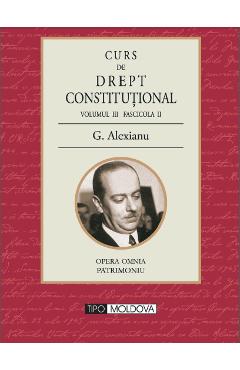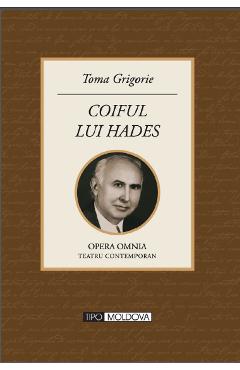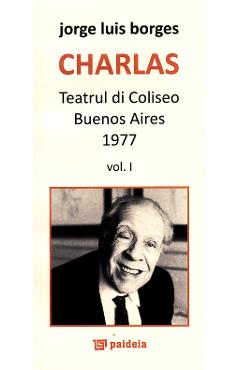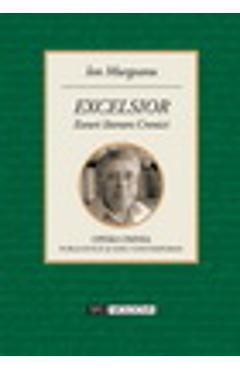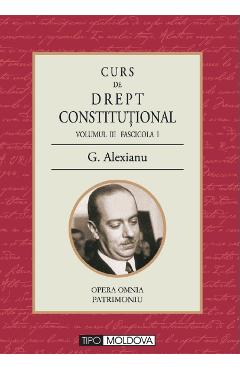Harriman vs. Hill: Wall Street's Great Railroad War, Hardcover
carti
In 1901, the Northern Pacific was an unlikely prize: a twice-bankrupt construction of the federal government, it was a two-bit railroad (literally--five years back, its stock traded for twenty-five cents a share). But it was also a key to connecting ...
Cod: 85d3e1f2-2420-4142-836e-c94ac56f84d6 / 160332
Disponibilitate: In stoc
Producator: University of Minnesota Press
Expediere prin: Colete.ro
108.23 RON
In 1901, the Northern Pacific was an unlikely prize: a twice-bankrupt construction of the federal government, it was a two-bit railroad (literally--five years back, its stock traded for twenty-five cents a share). But it was also a key to connecting eastern markets through Chicago to the rising West. Two titans of American railroads set their sights on it: James J. Hill, head of the Great Northern and largest individual shareholder of the Northern Pacific, and Edward Harriman, head of the Union Pacific and the Southern Pacific. The subsequent contest was unprecedented in the history of American enterprise, pitting not only Hill against Harriman but also Big Oil against Big Steel and J. P. Morgan against the Rockefellers, with a supporting cast of enough wealthy investors to fill the ballroom of the Waldorf Astoria. The story, told here in full for the first time, transports us to the New York Stock Exchange during the unfolding of the earliest modern-day stock market panic. Harriman vs. Hill re-creates the drama of four tumultuous days in May 1901, when the common stock of the Northern Pacific rocketed from one hundred ten dollars a share to one thousand in a mere seventeen hours of trading--the result of an inadvertent "corner" caused by the opposing forces. Panic followed and then, in short order, a calamity for the "shorts," a compromise, the near-collapse of Wall Street brokerages and banks, the most precipitous decline ever in American stock values, and the fastest recovery. Larry Haeg brings to life the ensuing stalemate and truce, which led to the forming of a holding company, briefly the biggest railroad combine in American history, and the U. S. Supreme Court ruling against the deal, launching the reputation of Justice Oliver Wendell Holmes as the "great dissenter" and President Theodore Roosevelt as the "trust buster." The forces of competition and combination, unfettered growth, government regulation, and corporate ambition--all the elements of American bus
Produse din Categorie
Recomandari





































